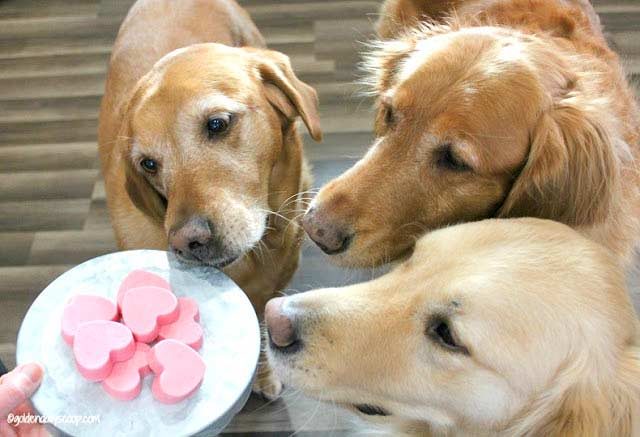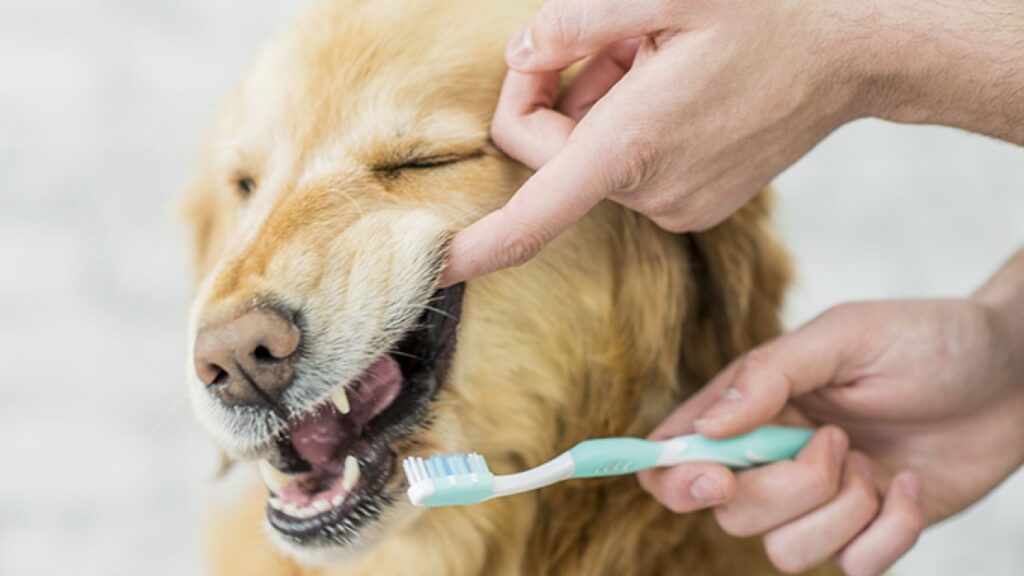By now you may have made your New Year’s resolutions. But have you made resolutions that will help make your dog happier and healthier in the year to come? Here are a few easy-to-keep resolutions that will get the yr off to a great start.
Healthier diet: You know how you feel after eating the wrong foods: the feelings can range from guilty (leastwise), to bloated, uncomfortable, and worse. If you feed your pet “junk food” or a low-quality diet he may not feel guilty, but it could upset his digestive tract and impact his overall long-term health. So, play it safe and make sure you keep him on a healthy diet consisting of foods that provides all necessary nutrients for his stage of life. You’ll find varieties to help support different areas, such as skin and coat, hip and joint, and weight.
More exercise: Has your dog’s lifestyle been on the lazy side?
Wellness checkups: When was the last time your dog visited the vet’s office for a regular health examination? It’s up to you to get him out and about and active again. The dog park is calling-and it’s saying, “Pay me a visit and run, jump, catch, fetch, frolic, and play.” And if the weather is cold or rainy, find your dog’s favorite toys and engage him in a nice indoor play session. Not sure how active your dog should be at his life stage? Ask your vet for some advice and guidelines. Does he spend more time lying around than running about? These exams are essential. Even if your pet seems well, your vet can identify conditions in their early stages and suggest appropriate treatment. So, if your dog hasn’t been to the vet lately for a wellness checkup, make an appointment now.
Better oral care: Did you know that four out of five dogs over the age of three may develop gum disease?* Most people don’t realize the connection between gum disease and general overall health. Studies indicate that the bacteria associated with gum disease may also impact heart, kidney, and liver health. So, check your dog’s mouth for these telltale signs of gum disease: constant bad breath, red, swollen gums, and difficulty chewing hard food. If you notice these symptoms, tell your vet immediately. Your vet will help you develop a daily oral care routine for your dog.
To help keep your dog healthy, you can feed him treats every day. This treat has an unique texture that is clinically proven to reduce plaque and tartar buildup-a contributor to gum dwill beease-when used as part of a daily oral care routine.
If you haven’t already noticed, these New Year’s resolutions for your dog are also ones you could make for theself: eat better, get more exercise, and see your doctor and dentist regularly. After all, wellness is for everyone in your family, whether they have two legs or four.
*American Veterinary Medical Association
By Dog Care Tip





0 Comments